
DERMATOLOGICAL ISSUES ARE THE #2 REASON FOR VET VISITS AT 18% OF TOTAL VISITS(1).
IN AUSTRALIA, OVER TWO MILLION PETS SUFFER FROM DERMATOLOGICAL ISSUES(2).

(1)-Hill PB, Lo A, Eden CAN, et al. Survey of the prevalence, diagnosis and treatment of dermatological conditions in small animals in general practice. Vet Rec 2006; 158:533-539. Euromonitor pet population report & internal CMI Quant study on 14 Countries, n: 8547 pet owners, *Data from Internal CMI Quant study on 14 Countries, n: 8547 pet owners. (2)-Hill PB, Lo A, Eden CAN, et al. Survey of the prevalence, diagnosis and treatment of dermatological conditions in small animals in general practice. Vet Rec 2006; 158:533-539. Euromonitor pet population report & internal CMI Quant study on 14 Countries, n: 8547 pet owners
See some of the sources of skin issues in cats and dogs:
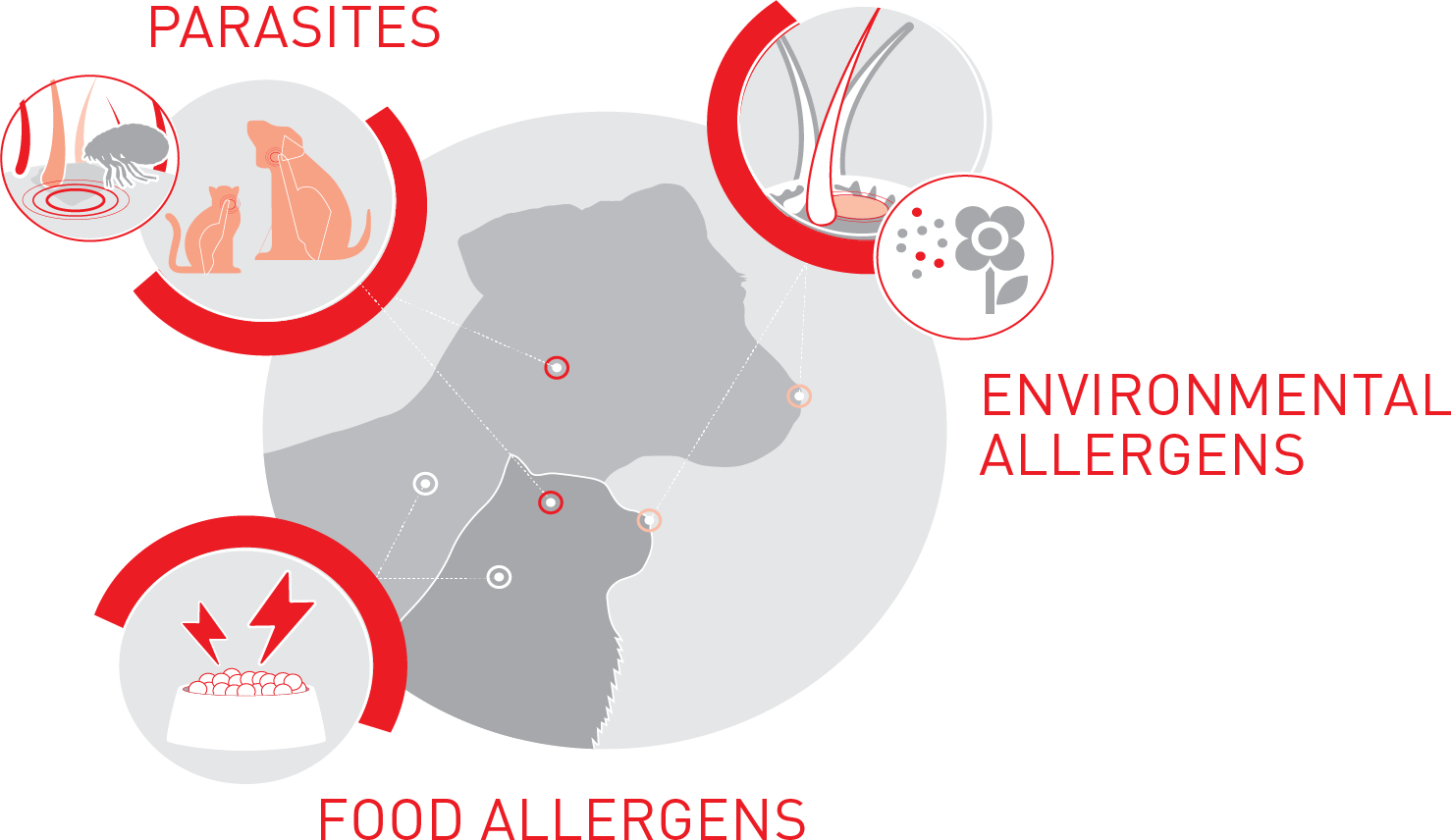
External parasites such as fleas, ticks or mites can cause skin reactions like itching and hair loss.
Pets, just like humans, can react to environmental allergens such as pollen or dust. These allergens can cause skin redness, scratching, rashes, and chronic otitis.
In the case of food allergy, the immune system mistakes normal, large dietary proteins as harmful substances and reacts against them, triggering a food allergy. The allergic reaction may result in symptoms such as itching, skin inflammation, loose stools or vomiting.
In Dermatological cases where a clinical assessment is required, checking for parasites can be the first diagnostic test undertaken by veterinarians. Such parasites can include: Sarcoptes scabiei, Ctenocephalides felis, Demodex canis, and Otodectes cynotis.
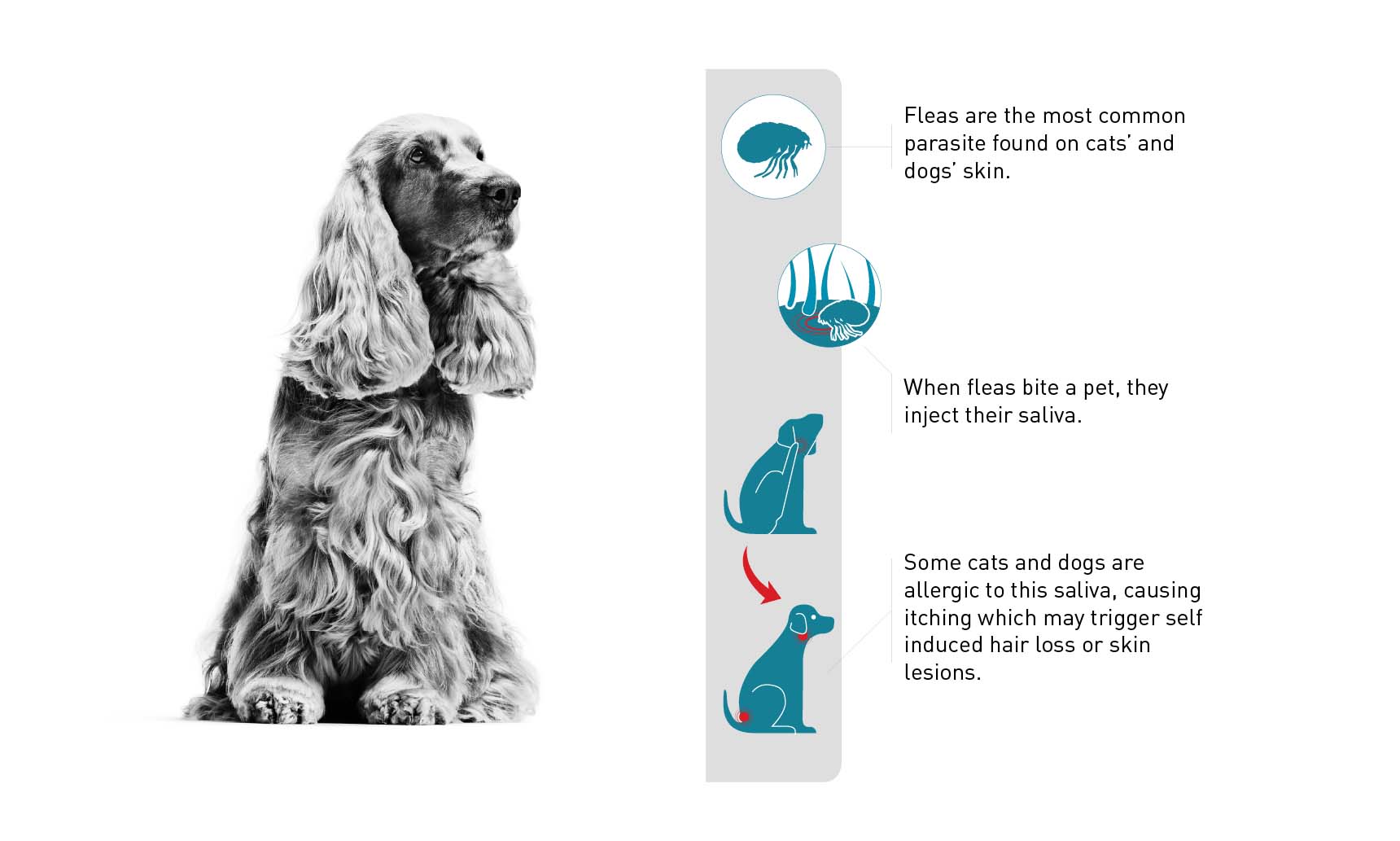
It is often the most difficult dermatology case to diagnose, and as such is typically tested for in pets once already screened for parasites and treated for any skin infections to reveal any further environmental triggers.
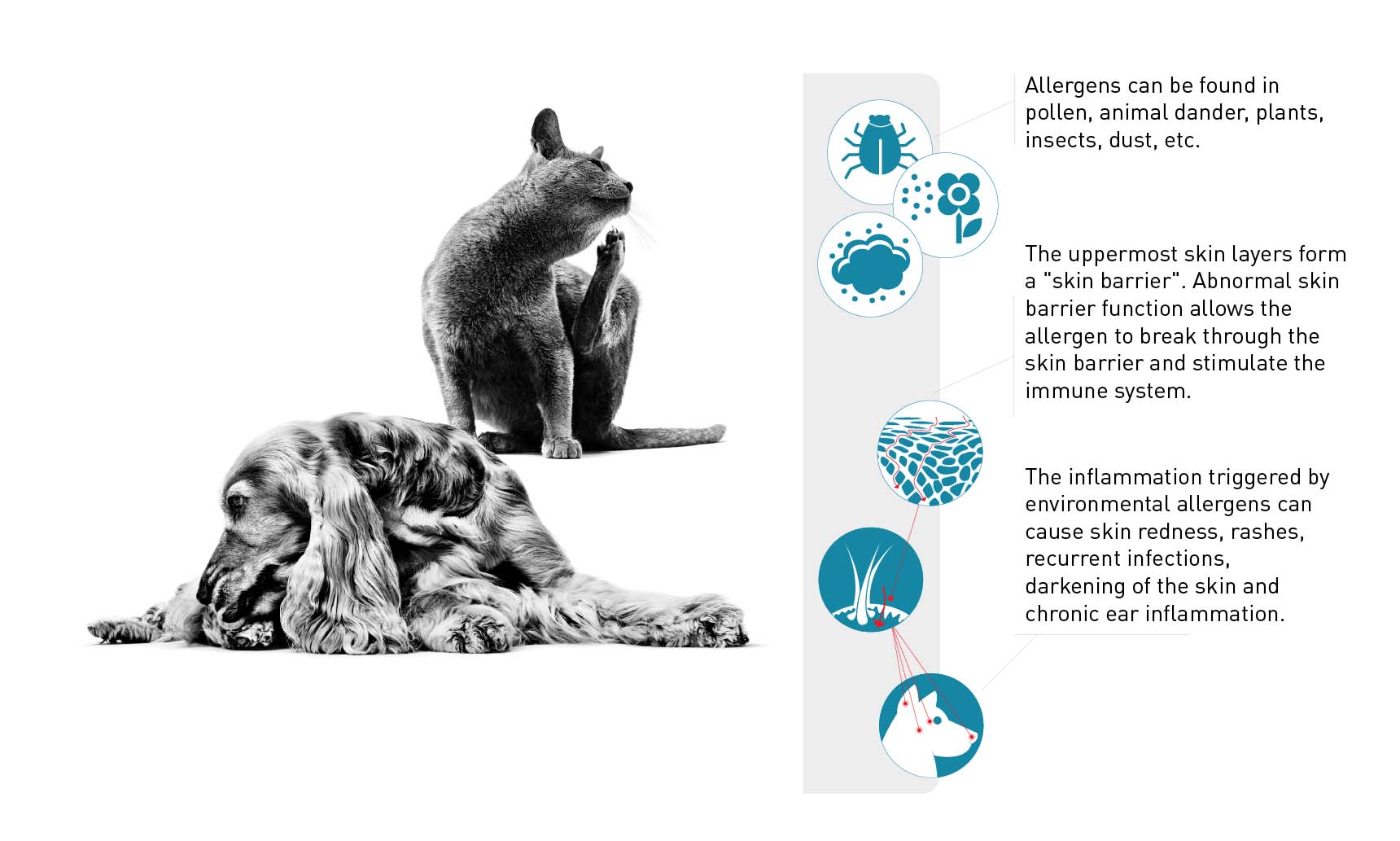
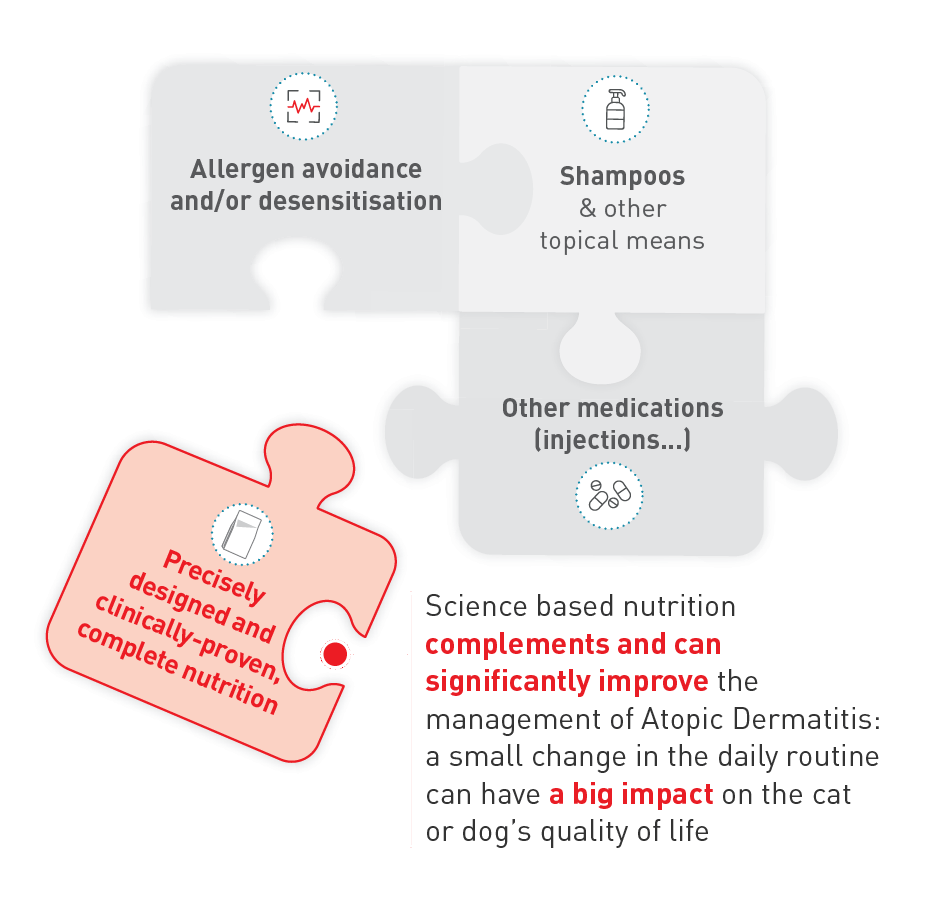
Another mode of management, nutritional therapy, can physically benefit the defensive skin structure to help minimise antigenic presentation to the local immunity.
Dietary formulations enriched with essential fatty acids support reduction of inflammation and improve ceremide function to help strengthen the compromised barrier. Additional nutritional support for the atopic patient can come in the form of: Amino acids for cell repair and regeneration; Specific vitamins and minerals involved in keratinisation, fatty acid metabolism and reduction of oxidation; Selected nutrients supporting fibroblast migration to support wound repair.
Where compliance can be difficult, supporting patient health with something given without fail or issue, their food, is a modality beneficial for all.
The ROYAL CANIN® Atopy range is scientifically formulated to assist cats and dogs suffering from atopy and skin disease.
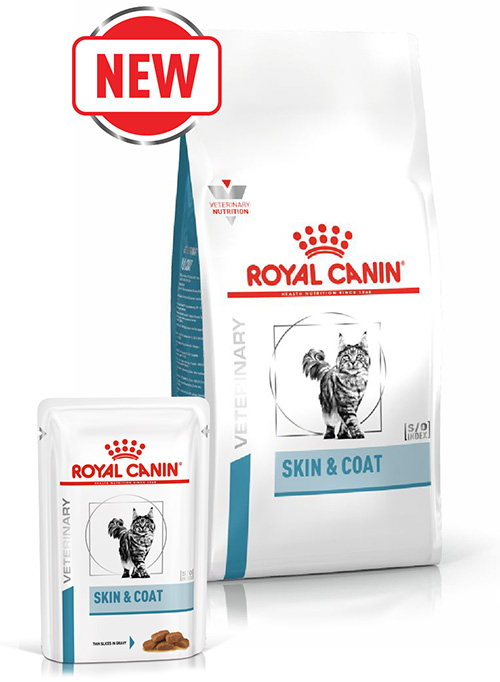
SKIN BARRIERFormulated to support the skin's natural protective barrier for optimal skin health. |

|
SKIN & COATContains specific key nutrients, including EPA and DHA, to help support healthy skin and a shiny coat in cats with sensitive skin. |
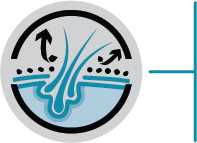
|
LEAN BODY MASSA high protein diet helps maintain muscle mass. |

|
ANTIOXIDANT COMPLEXA synergistic complex of antioxidants to help neutralise free radicals. |

|
S/O INDEXThese diets are formulated to promote a healthy urinary environment. |

|
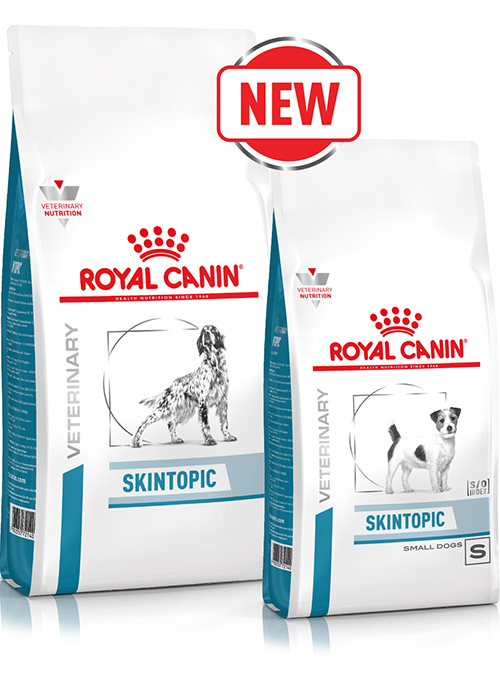
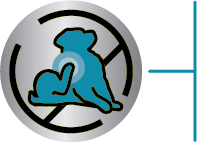
|
ITCHING RELIEFScientifically proven to help relieve itchy skin, improving quality of life in dogs sensitive to environmental allergens. |
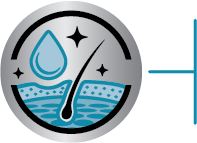
|
SKIN SOOTHINGHelps to soothe sensitive skin and support healthy digestion.(SKINTOPIC) |

|
SKIN BARRIER AND IMMUNITYFormulated with unique complexes to support the skin’s natural protective barrier and immunity. |
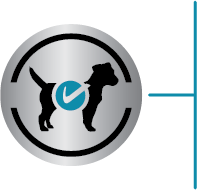
|
SPECIFICALLY FORMULATED FOR SMALL DOGSSpecially adapted benefits to meet digestive, dental and urinary sensitivities of small dogs. Suitable for their small jaws.(SKINTOPIC SMALL DOG) |

|
S/O INDEXThis diet is formulated to promote a healthy urinary environment.(SKINTOPIC SMALL DOG) |

We've been featured in the latest edition of Vet Practice Magazine in a special guide devoted to Dermatology.
Covering every avenue for pruritic patients' long-term comfort.
Written by Dr. Julie Summerfield
BVSc, Royal Canin Scientific Services Veterinarian
The long road of diagnosis and management for your Pruritic canine and feline patients can be frustrating, not least is managing owner expectations of the possibilities and prognosis ahead.
Book a training session with your Royal Canin representative now. If you're not sure who your sales representative is, email [email protected] or call 1800 622 969